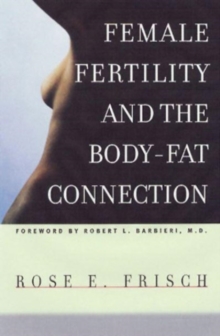
Convents and the Body Politic in Late Renaissance Venice Paperback / softback
by Jutta Gisela Sperling
Part of the Women in Culture & Society Series WCS series
Paperback / softback
Description
In late-16th-century Venice, nearly 60 per cent of all patrician women joined convents, and only a minority of these women did so voluntarily.
In trying to explain why unprecedented numbers of patrician women did not marry, historians have claimed that dowries became too expensive.
However, Jutta Gisela Sperling aims to debunk this myth and argues that the rise of forced vocations happened within the context of aristocratic culture and society.
Sperling explains how women were not allowed to marry beneath their social status while men could, especially if their brides were wealthy.
Faced with a shortage of suitable partners, patrician women were forced to offer themselves as "a gift not only to God, but to their fatherland", as Patriarch Giovanni Tiepolo told the Senate of Venice in 1619.
Noting the declining birth rate among patrician women, Sperling explores the paradox of a marriage system that preserved the nobility at the price of its physical extinction. And on a more individual level, she tells the fascinating stories of these women.
Some became scholars or advocates of women's rights, some took lovers and others escaped only to survive as servants, prostitutes or thieves.
Information
-
Available to Order - This title is available to order, with delivery expected within 2 weeks
- Format:Paperback / softback
- Pages:434 pages
- Publisher:The University of Chicago Press
- Publication Date:15/03/2000
- Category:
- ISBN:9780226769363
Other Formats
- Hardback from £104.00
Information
-
Available to Order - This title is available to order, with delivery expected within 2 weeks
- Format:Paperback / softback
- Pages:434 pages
- Publisher:The University of Chicago Press
- Publication Date:15/03/2000
- Category:
- ISBN:9780226769363










